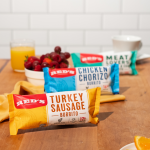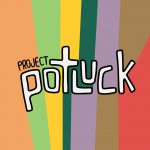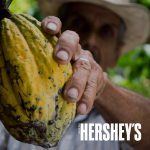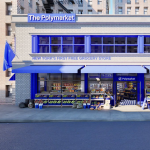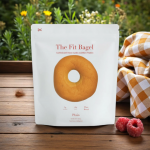Redbud Brands Looks Ahead Toward Refreshed Portfolio
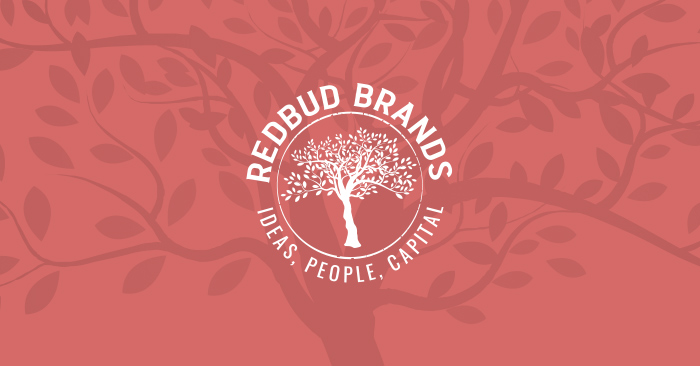
Amid its retooling of cannabis edibles company TSUMo Snacks, CPG venture studio Redbud Brands is also now developing a new class of brand launches as it moves on from others it has discontinued.
Founded in 2020 by CEO Brian Goldberg and operating partner John Ferrari, Redbud Brands began by developing a sizable roster of CPG brands playing in several innovative and fast-growing categories such as RTD cocktails, THC edibles and wellness supplements, among others. Last year, Redbud raised a $46 million funding round, backed by investment firms including Satori Capital, Sands Capital, and VMG Partners.
This summer, Redbud opted to place TSUMo into hibernation mode as it restructures the business to work outside of the regulated California cannabis marketplace through hemp-based Delta-9 THC products, as heavy regulation and lack of payments from retailers hindered its growth in the dispensary channel. NOSH reported yesterday on the departure of TSUMo co-founder and CEO Caroline Yeh, who was let go from the business in August.
Beyond TSUMo, Redbud has also been working to restructure the rest of its portfolio as well, dropping several of its initial incubation brands in order to focus more on products that are traction, as well as developing a new wave of brands preparing to launch in the coming months.
In an email, Goldberg said Redbud currently has five businesses it primarily controls and operates in-market, including three incubation brands and two accelerator unit brands. Although the company has also “deprioritized/paused/killed” several other brands it launched at its inception, Goldberg said those decisions are “in normal course” for Redbud’s model for developing new brands.
“That’s the model – take shots on goal and focus on the winners,” Goldberg stated.
The three brands have been discontinued, Ferrari told NOSH, include canned cocktail Sun Daze and supplements brands First and Foremost and Dojo Labs (originally called Napjitsu).
In the case of Sun Daze, Ferrari said the brand was faced with tight margins and high costs in a highly competitive category, leading Redbud to shift its focus in RTD alcohol to its hard agua fresca company Picadas – that included moving Sun Daze co-founder Juan Diego Cordón into a new role as Picadas COO.
First and Foremost also struggled with gross margins, he said, and was wound down. In regards to Dojo Labs, Ferrari said he believes the brand had a truly innovative product – a line of supplements aimed at helping consumers to take quick and refreshing power naps – but he said that the studio “fumbled” in properly marketing the brand and it failed to gain traction with retailers.
Another business, a coffee company targeting Christian consumers called Promised Grounds, now operates independently from Redbud. The studio still has an equity stake in the brand, but Ferrari said Redbud is no longer involved in operations.
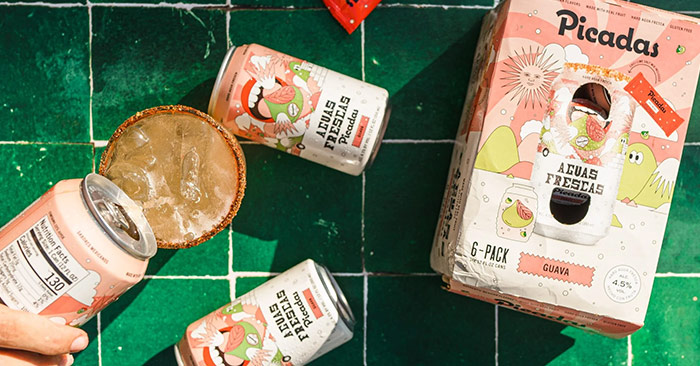
From its initial incubation portfolio, Redbud is now focused on three brands: Picadas, DTC wellness and supplements brand Wellcore, and a veteran-founded pet care brand, Operation Good Boy. The studio is also bullish on two of its accelerator brands: cheese cracker line Cheddies – in which Redbud has acquired a majority stake – and feminine care products maker Medicine Mama, which recently debuted rebranded packaging.
With Cheddies, Redbud has hired Anish Sheth, who was president of 4505 Meats prior to its sale to Benestar Brands last year, to oversee the business, as well as a Michelin star chef to develop new products.
“We reduced the cost of goods, we improved the quality, we did a rebrand for the business and now we’ve secured many of the major retailers,” Ferrari said of Cheddies.
According to Ferrari, Redbud is also preparing for the launch of several new companies in the near future, including an oral vitamin spray brand called Docci which is set to launch in January. That line will include functional products focused on use occasions like anti-bloating for consumption after large meals and a caffeinated energy spray.
Docci was co-developed by Redbud and the brand’s founder Grace Bailey, a former management consultant for Deloitte who had been an entrepreneur-in-residence at Redbud, Ferrari said.
“We started with a person who we strongly believed could be an exceptional entrepreneur,” he said. “We worked with her to identify the right opportunity and now she has the full team behind the brand. We are also working to secure strategic partnerships to supercharge the brand.”
Other upcoming brands include a better-for-you cereal line called Best Behavior, which Ferrari said will likely launch in Q1, and a tattoo skincare brand.
Reflecting on the past, Ferrari said Redbud is aiming to learn from its failed projects to better develop its current and future businesses. He said he believes the studio took on too many brands too soon and now aims to be more selective about new projects. As well, he said Redbud will look to hire executives with “more traditional backgrounds” in brand building to lead its portfolio companies.
“If we’re going to be successful, we have to wean off doing too many things and focus on the few things that are showing promise,” he said. “The hard decision is which ones are showing promise, and how long do you wait to find that out?”

